Coffee: How Many Cups Is Enough?
Americans love their coffee, and most coffee drinkers consume at least two cups a day.

Americans love their coffee, and most coffee drinkers consume at least two cups a day.

Thirty-one states have made English their official language, and more than three-quarters of Americans now believe that should be a nationwide policy.
.

Half of Americans with full-time jobs say they worked from home at least part of the time during the COVID-19 pandemic, and more than a third expect they’ll do more work from home in the future.
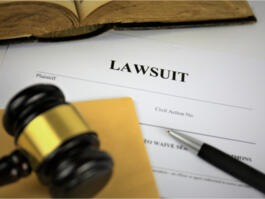
Fewer Americans think there are too many lawyers in the country, but a majority still think frivolous lawsuits are adding to the costs of health care and other goods and services.
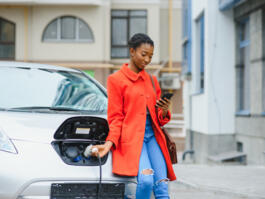
Despite soaring gasoline prices, a majority of Americans still don’t think electric cars are practical and aren’t interested in owning one.

Most Americans are OK with the way the news media have been covering the Russian invasion of Ukraine, and aren’t interested in discussions of the war’s impact on domestic politics.
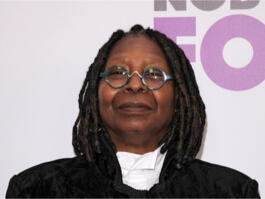
ABC’s decision to suspend “The View” co-host Whoopi Goldberg for her comments about the Holocaust is supported by most Americans, who nonetheless think “cancel culture” is out of control.
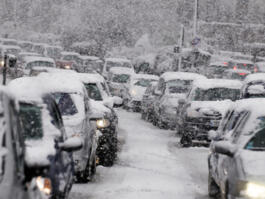
Most Americans say this winter hasn’t been worse than usual, but they believe climate change could cause severe snow storms.

Tattoos are increasingly common among younger Americans, and most of those who have tattoos have more than one.

While a majority of Americans still think social media sites should permit free speech, most Democrats want companies like Twitter and Facebook to regulate content on their platforms.

The majority of Americans will spend New Year’s Eve at home, and most of them have someone to kiss at midnight.
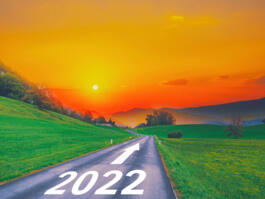
It’s New Year’s Eve and Americans are ready to say good-bye and good riddance to 2021.
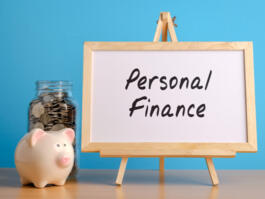
Nearly half of Americans say their personal finances got worse this year, and only a third expect improvement in 2022.

With the holiday shopping season underway, most Americans believe they've got their own credit card spending under control, but are concerned that other people are less responsible.

Even if they could afford it, fewer than a third of Americans would take a space trip on a commercial flight, and most don’t think they’ll ever go to space.

The market for cryptocurrencies like Bitcoin is soaring, and the chance to get rich is the main selling point for investors.

A growing majority of Americans believe that the United States should legalize marijuana nationwide.

Most Americans identify as middle class and, even at the highest income levels, only one-fifth consider themselves wealthy.
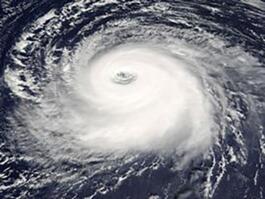
As the 2021 hurricane season winds down, most Americans believe global warming is to blame for extreme weather.

Problems like COVID-19, immigration and climate change may dominate headlines, but most Americans have a positive view of their own lives.